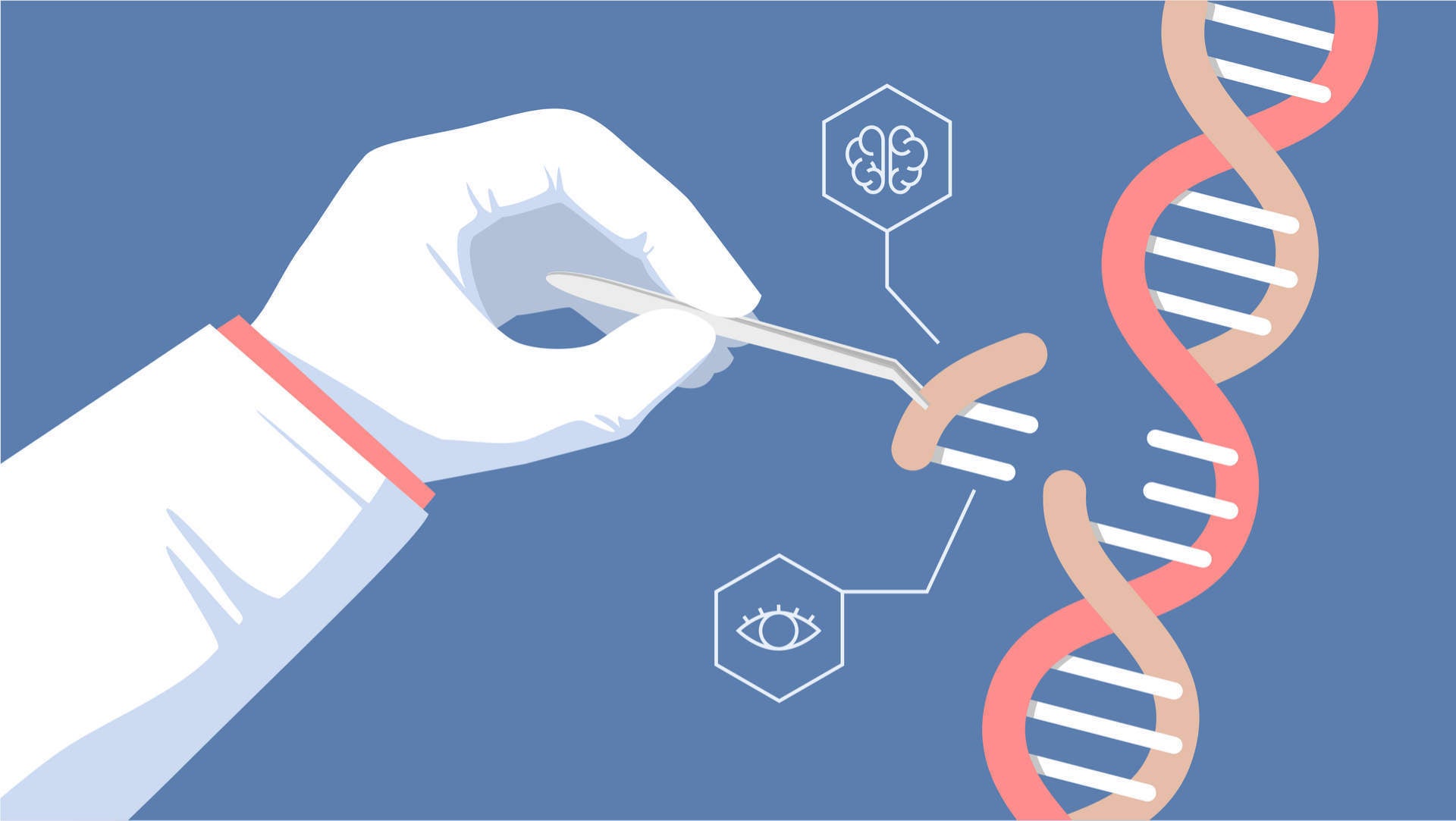
The emerging field of gene editing has hit a significant roadblock as scientists have discovered CRISPR/Cas9, one of the newest and most promising tools for genome editing, can cause far more genetic damage than had previously been realised.
In research published today in the journal Nature Biotechnology, scientists at the Wellcome Sanger Institute found that the gene editing tool can cause damage that is not detected by standard tests used to detect DNA changes.
Such damage could create dangerous changes in some cells. This means that scientists will have to make use of more specific tests and act with greater caution to ensure that future research using CRISPR/Cas9 is performed safely.
“This is the first systematic assessment of unexpected events resulting from CRISPR/Cas9 editing in therapeutically relevant cells, and we found that changes in the DNA have been seriously underestimated before now,” said study corresponding author, Professor Allan Bradley, from the Wellcome Sanger Institute.
“It is important that anyone thinking of using this technology for gene therapy proceeds with caution, and looks very carefully to check for possible harmful effects.”
What is CRISPR/Cas9 and why does it matter?
CRISPR/Cas9 is a gene editing tool allows scientists to alter precise sections of DNA by cutting at particular points and making targeted changes. The technology has seen widespread use within the scientific community due to its level of accuracy.
How well do you really know your competitors?
Access the most comprehensive Company Profiles on the market, powered by GlobalData. Save hours of research. Gain competitive edge.

Thank you!
Your download email will arrive shortly
Not ready to buy yet? Download a free sample
We are confident about the unique quality of our Company Profiles. However, we want you to make the most beneficial decision for your business, so we offer a free sample that you can download by submitting the below form
By GlobalDataIt has also been hailed for its potential to treat a variety of diseases in humans, either by deactivating genes that cause a specific disease, which would allow it to treat conditions such as Huntington’s disease, or to correct genetic mutations, allowing it to combat diseases such as cancer.
As a result, it has the potential to be revolutionary in medicine, transforming the way some conditions are treated and making it possible to cure others for the first time.
However, for this to be possible it will need to be safe, which makes this latest finding a serious concern.
Further gene editing research needed
The research will be a blow for an industry that has invested significantly in the gene editing tool, however it does not mean that CRISP/Cas9’s future isn’t strong.
However, more work is needed to create a full picture of the safety issues involved.
“This study is the first to assess the repertoire of genomic damage arising at a CRISPR/Cas9 cleavage site,” explained Professor Maria Jasin, an independent researcher commenting on the study, from Memorial Slone Kettering Cancer Centre, New York.
“While it is not known if genomic sites in other cell lines will be affected in the same way, this study shows that further research and specific testing is needed before CRISPR/Cas9 is used clinically.”







